The latest whispers about Apple's plans to launch its long-awaited (yet still unconfirmed) augmented reality device hits several familiar notes, but lands on a different refrain.
Earlier this month, a generally-reliable analyst has predicted that an AR device from Apple would launch later this year, buoyed by reports from supply chain sources that the company's rumored smartglasses prototype is entering the second phase of production.
Now, rumors of a hybrid AR/VR headset, previously thought to be scrapped in favor of smartglasses with less-immersive capabilities, have emerged from yet another source.
According to a new report from Bloomberg, the N301 prototype headset is in later stages of testing and could launch in 2022, which lines up with 2019 reports on the company's roadmap, though the headset was codenamed T288 at the time. Meanwhile, consumer-grade smartglasses, still carrying the N421 codename and alleged to debut in 2023, are still in early design stages and still years from introduction to the public.
The device is described as a VR headset with cameras mounted externally for pass-through AR capabilities and a fabric exterior. The headset is supposedly planned to be a standalone device, rather than a tethered device as previously reported, running on Apple's own custom chipset and an oft-rumored rOS operating system. The device may also support prescription lens inserts.
The headset is also expected to be marketed mainly to developers and creators in order to nurture the application ecosystem for the smartglasses to follow, an approach that is very atypical of Apple. Traditionally, the company has been satisfied letting other companies test the waters with new product categories before releasing its own innovative offering. Several MP3 players hit the market before Apple launched the iPod and took over the category. Similarly, Apple stood on the sidelines while Blackberry and Windows-based smartphones sold to business customers before launching the iPhone, almost instantly creating the mainstream consumer segment for smartphones. The same pattern followed with tablets and smartwatches, as Apple upended the respective categories with the iPad and Apple Watch.
Apple releasing an AR headset targeted primarily toward developers and early adopters would mirror Magic Leap and its approach to releasing the Magic Leap One and Google's infamous Explorer Edition of Google Glass. In both cases, the public beta testing approach torpedoed any immediate plans for a consumer edition, with Magic Leap and Google pivoting to enterprise solutions instead.
Then again, Apple may have learned from its competitors in pushing an AR device out. In a sense, Apple's ARKit and Reality Composer for mobile AR apps serves a role in the evolution from handheld experiences to hands-free wearables. An AR headset would allow Apple to test an intermediate step between mobile devices and smartglasses for everyday use.
Cover image via Dominik Hofacker














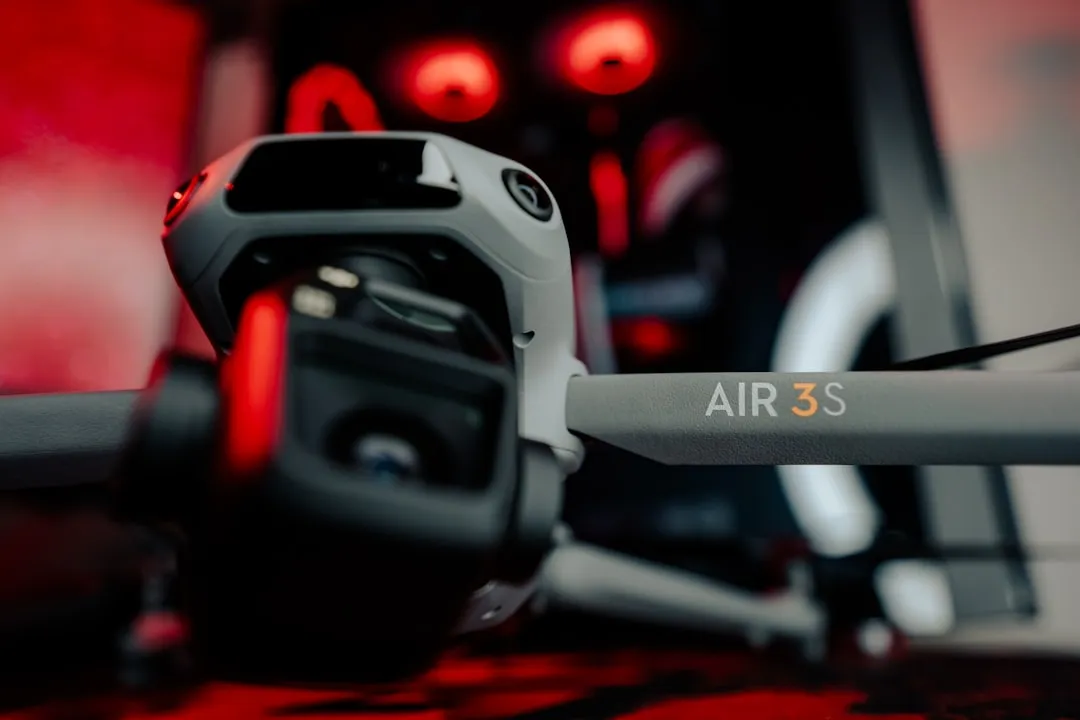
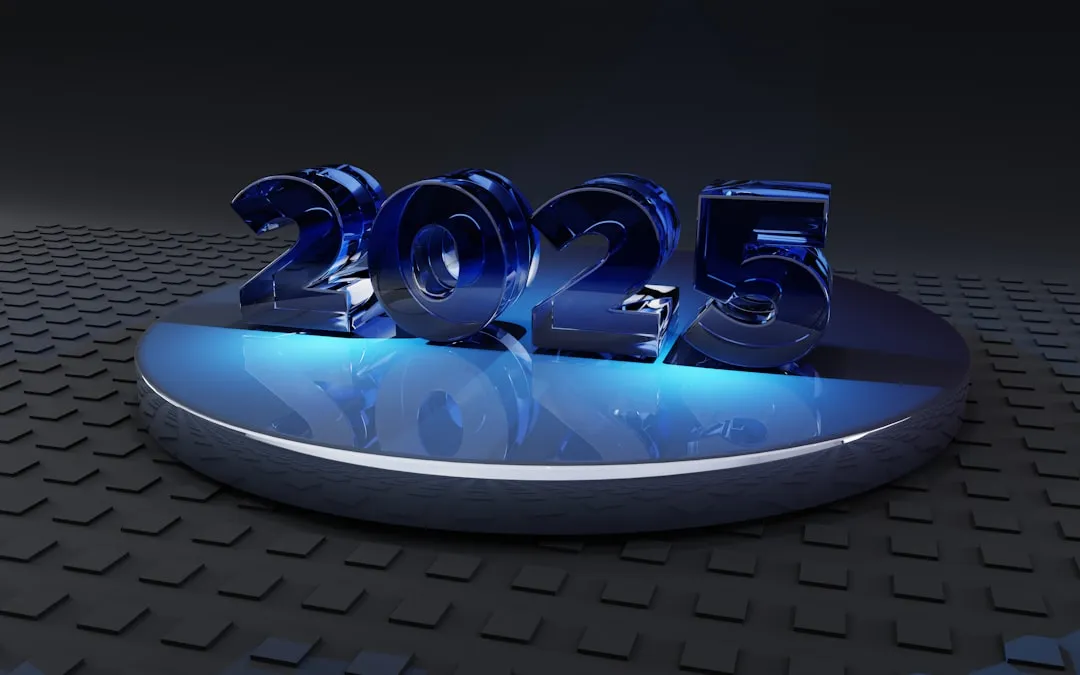
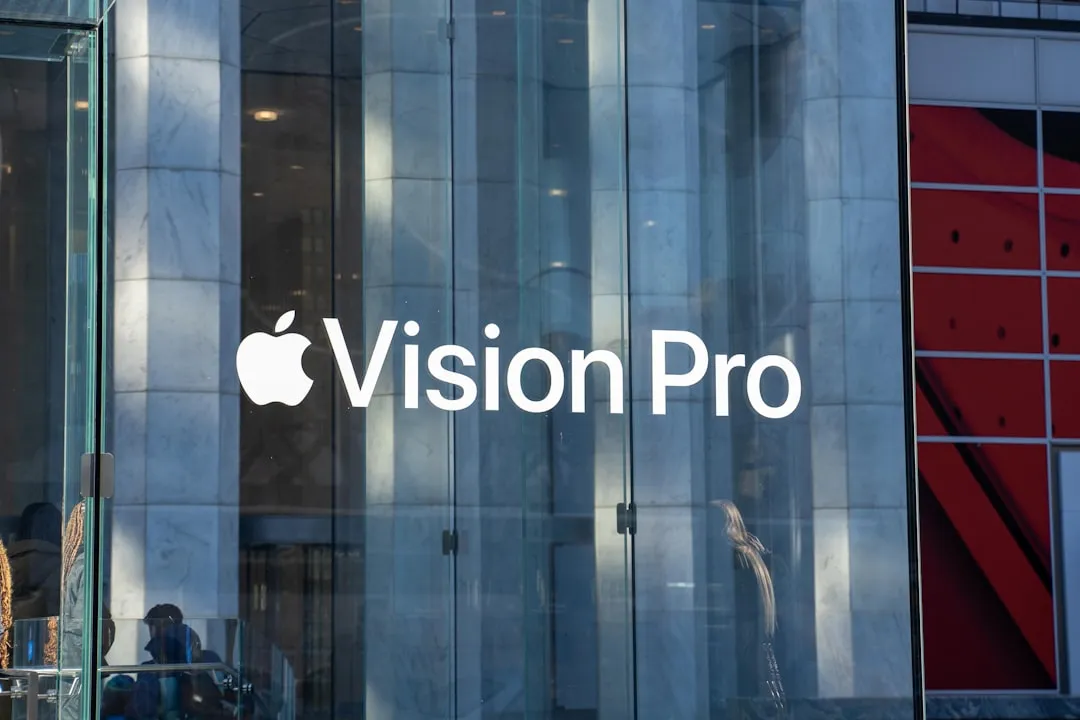
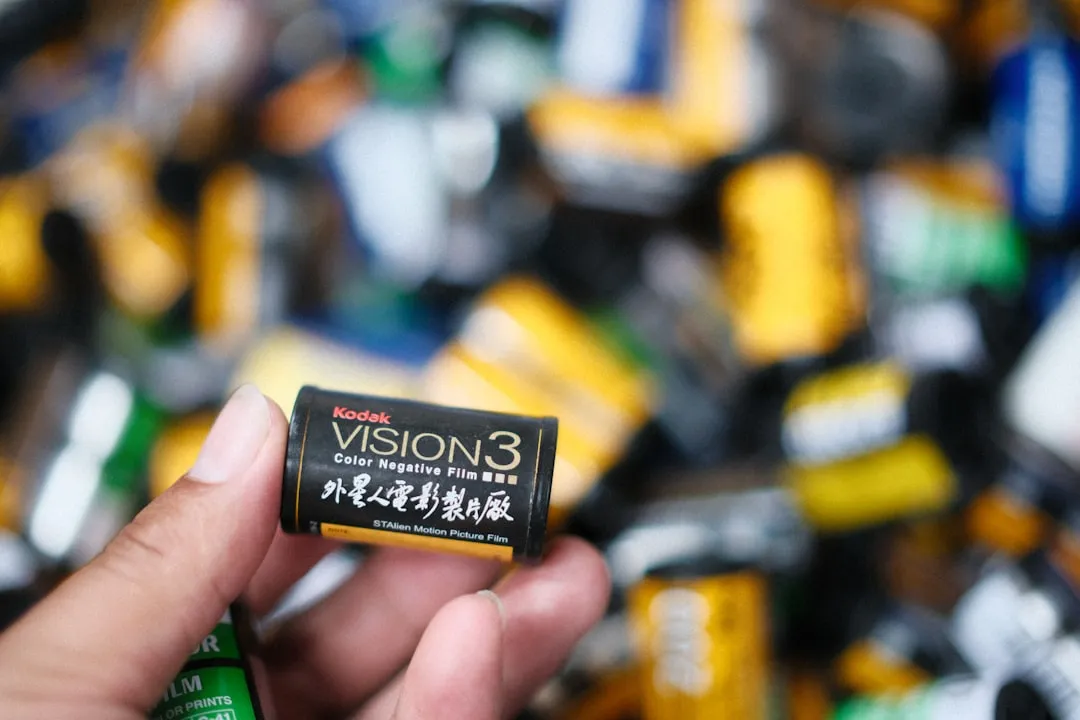
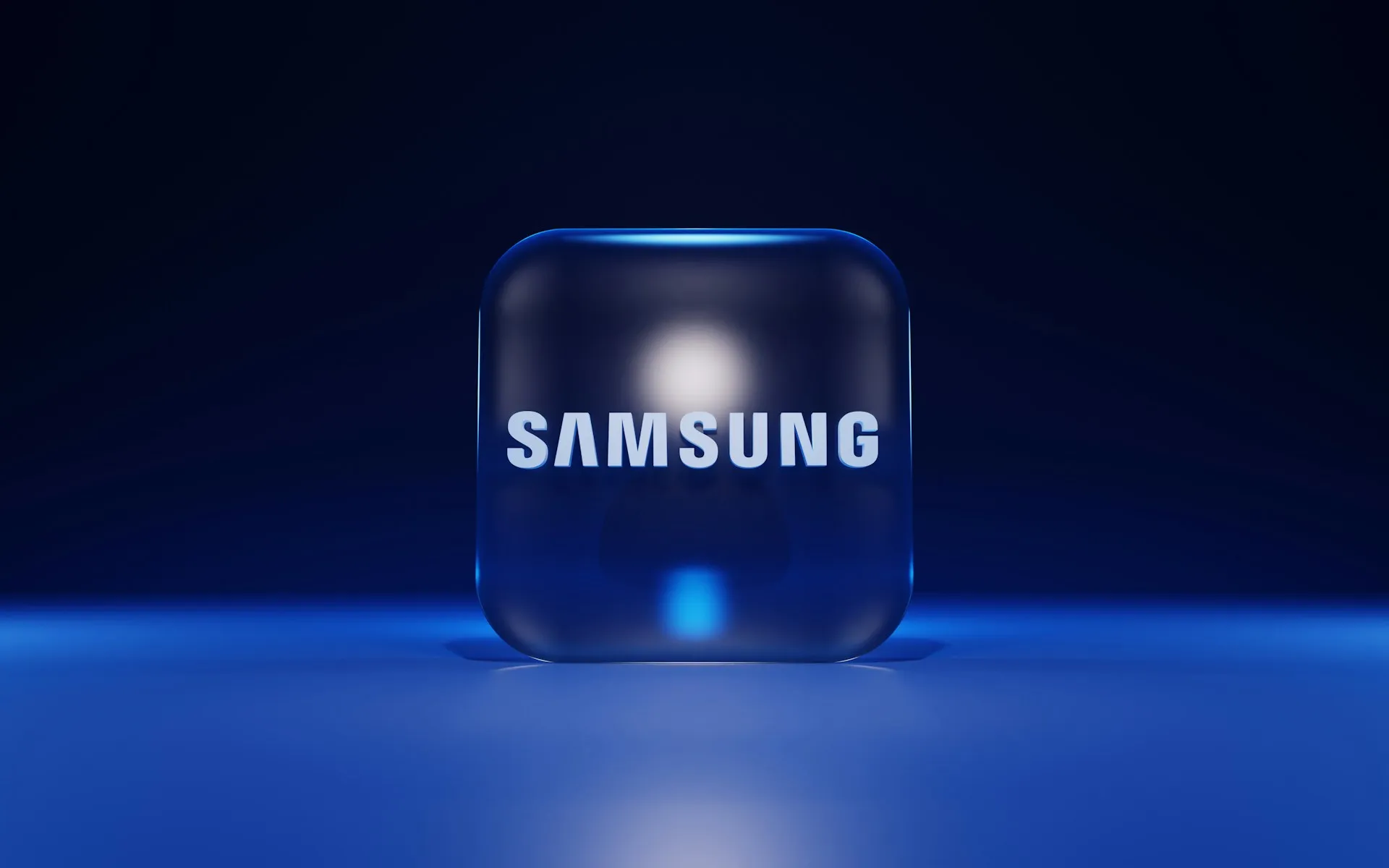

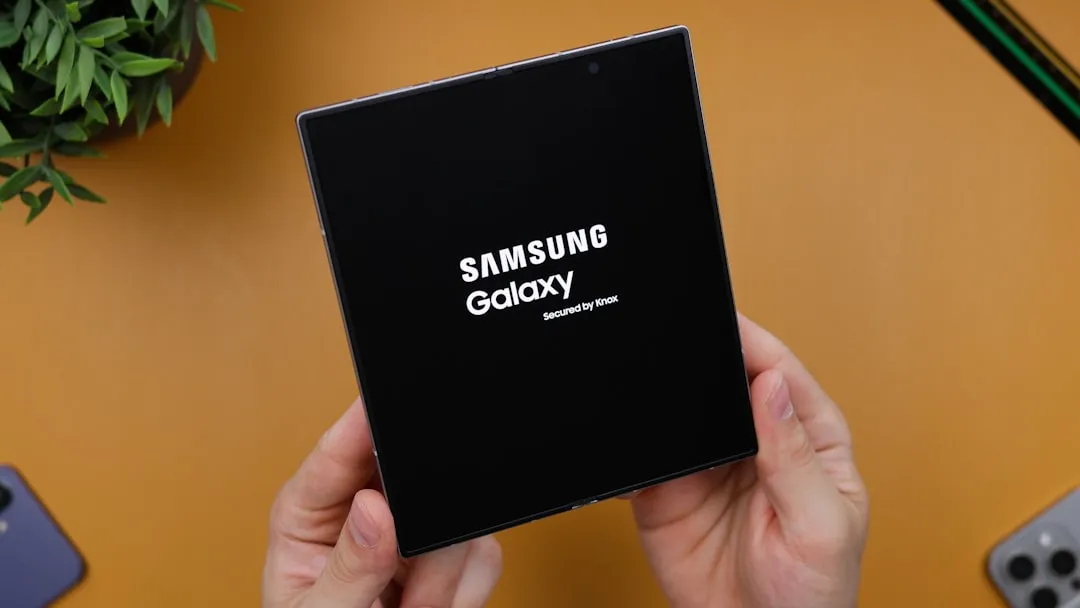

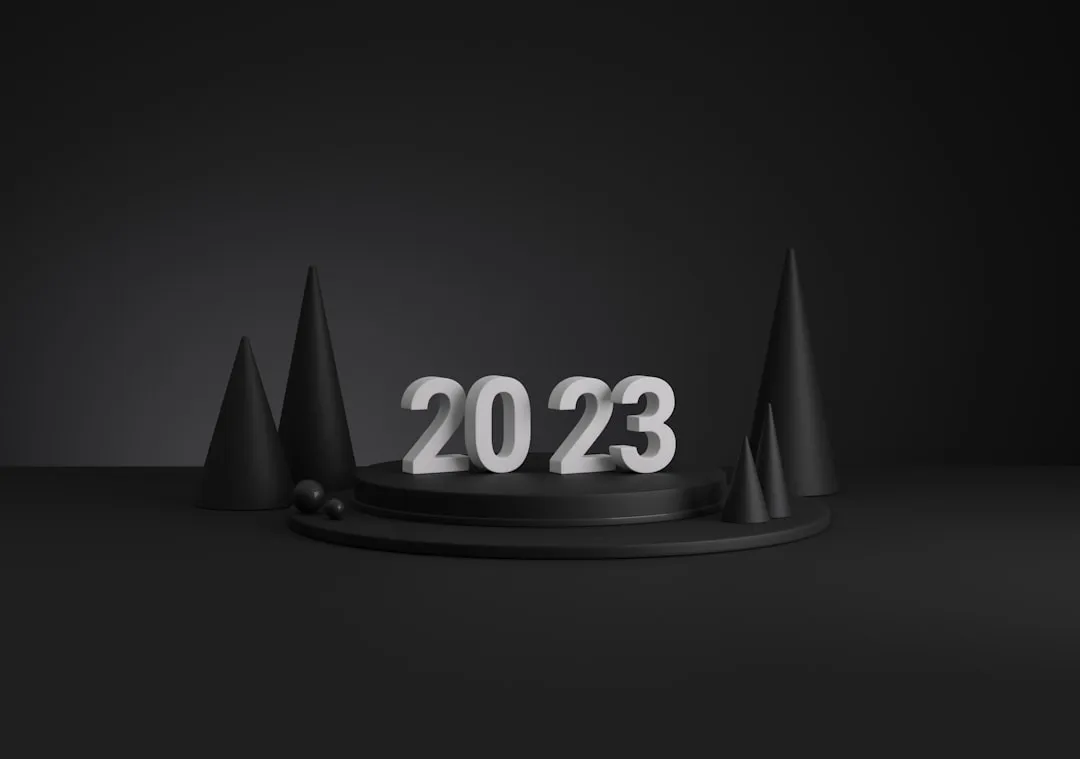

Comments
Be the first, drop a comment!